Dapatkan ansuran iPhone dari RM2/hari!
Get that AND RM800 OFF storewide!
Save up to 65% on certified, used iPhones versus buying new.
Every purchase comes with a 1-year warranty and a 10-day return policy.
Grab our best prices & flexible instalment options on iPhones – upgrade & connect with style today!
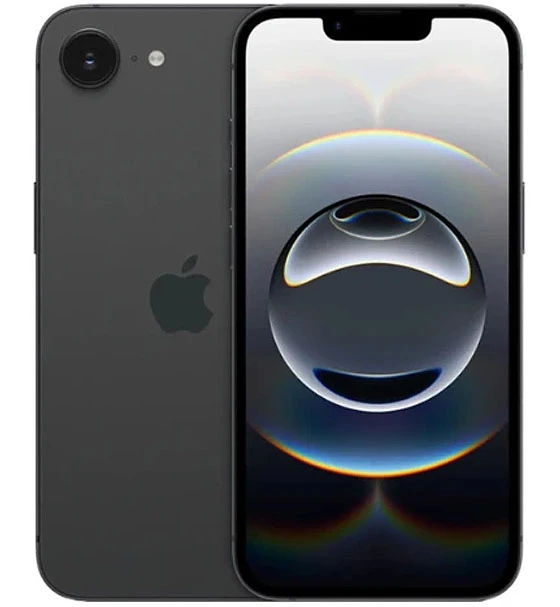


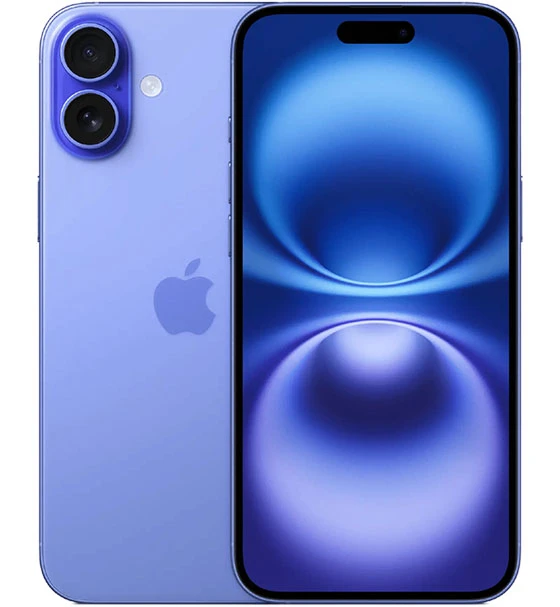


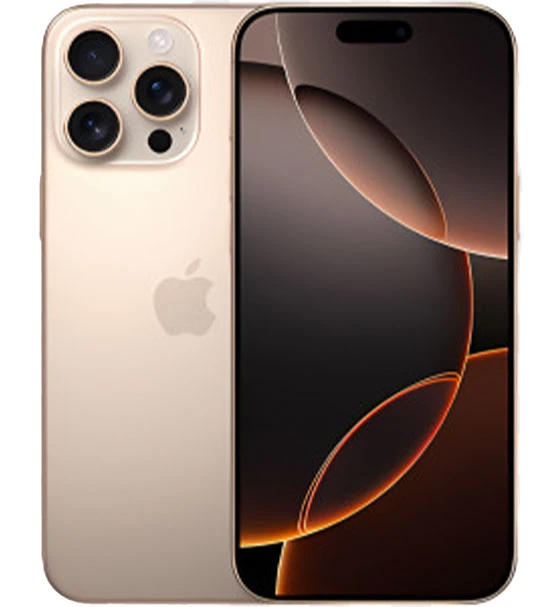

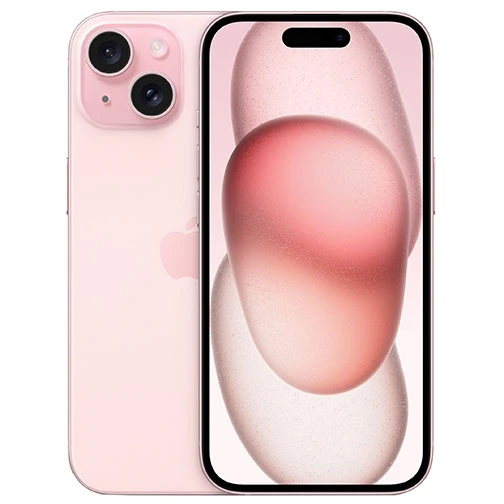



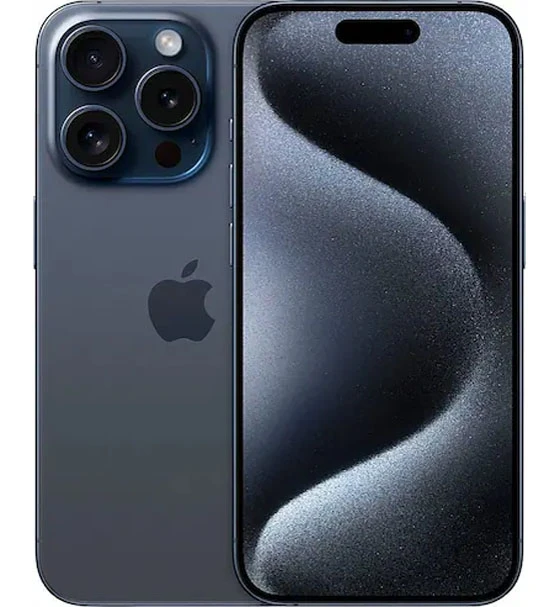




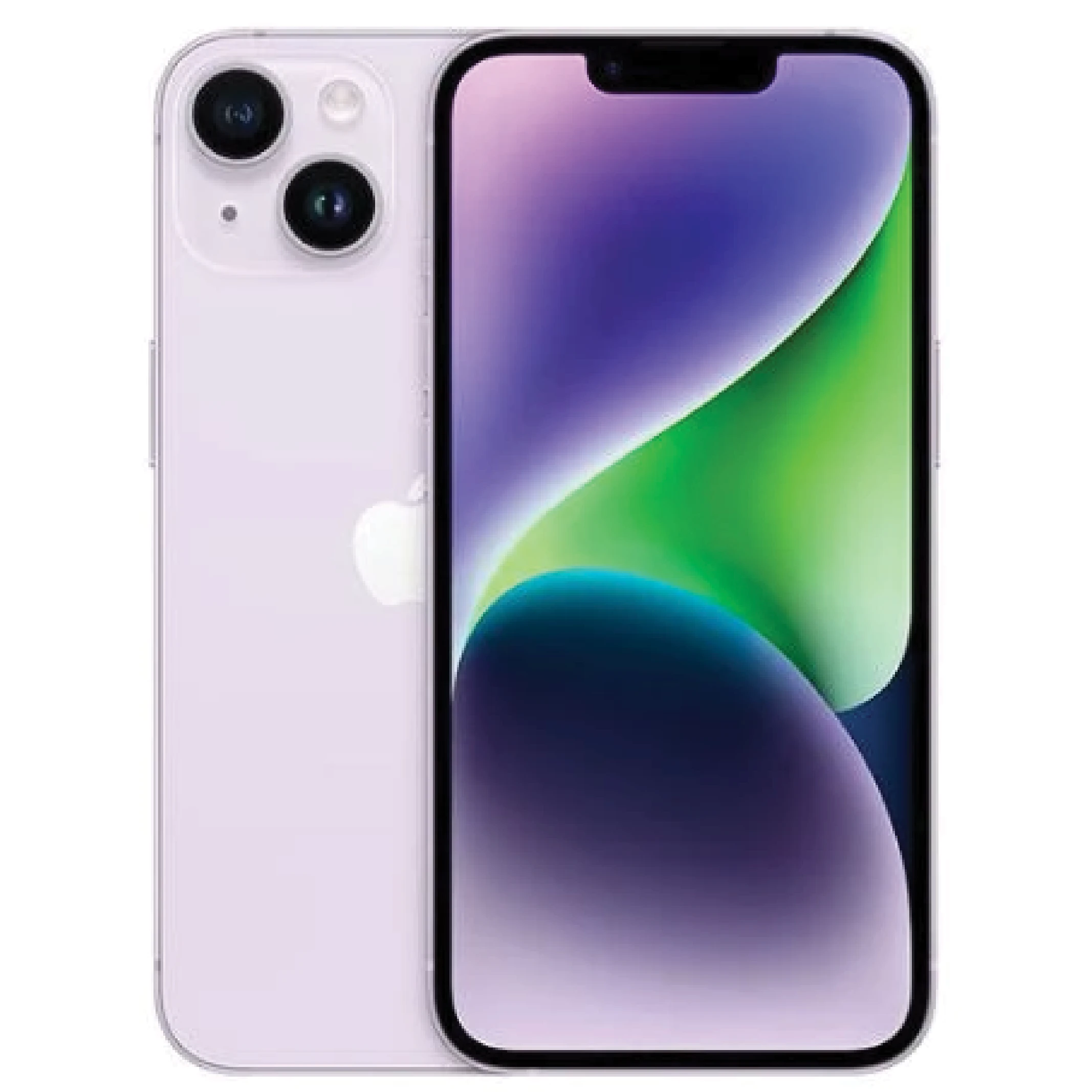


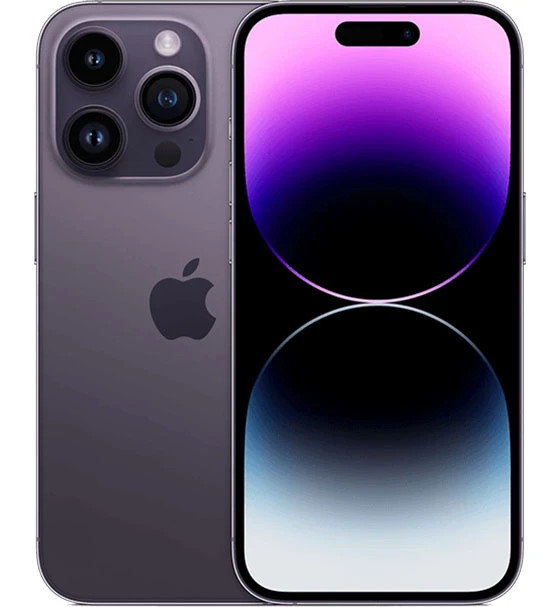




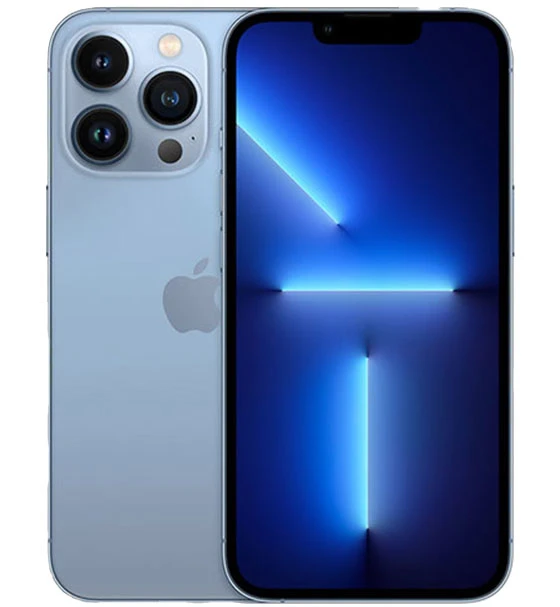






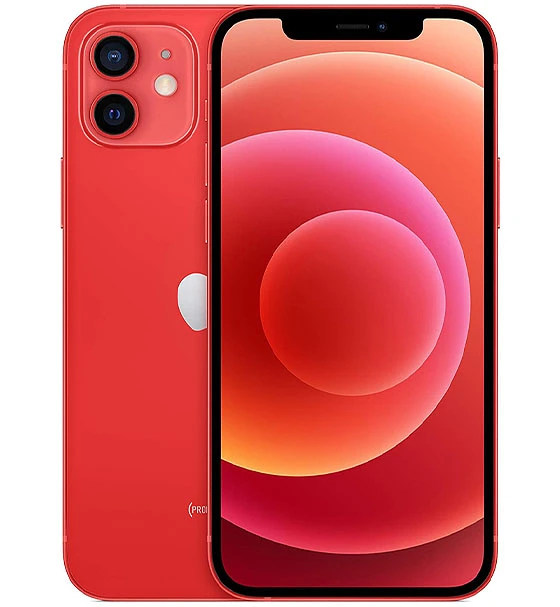




























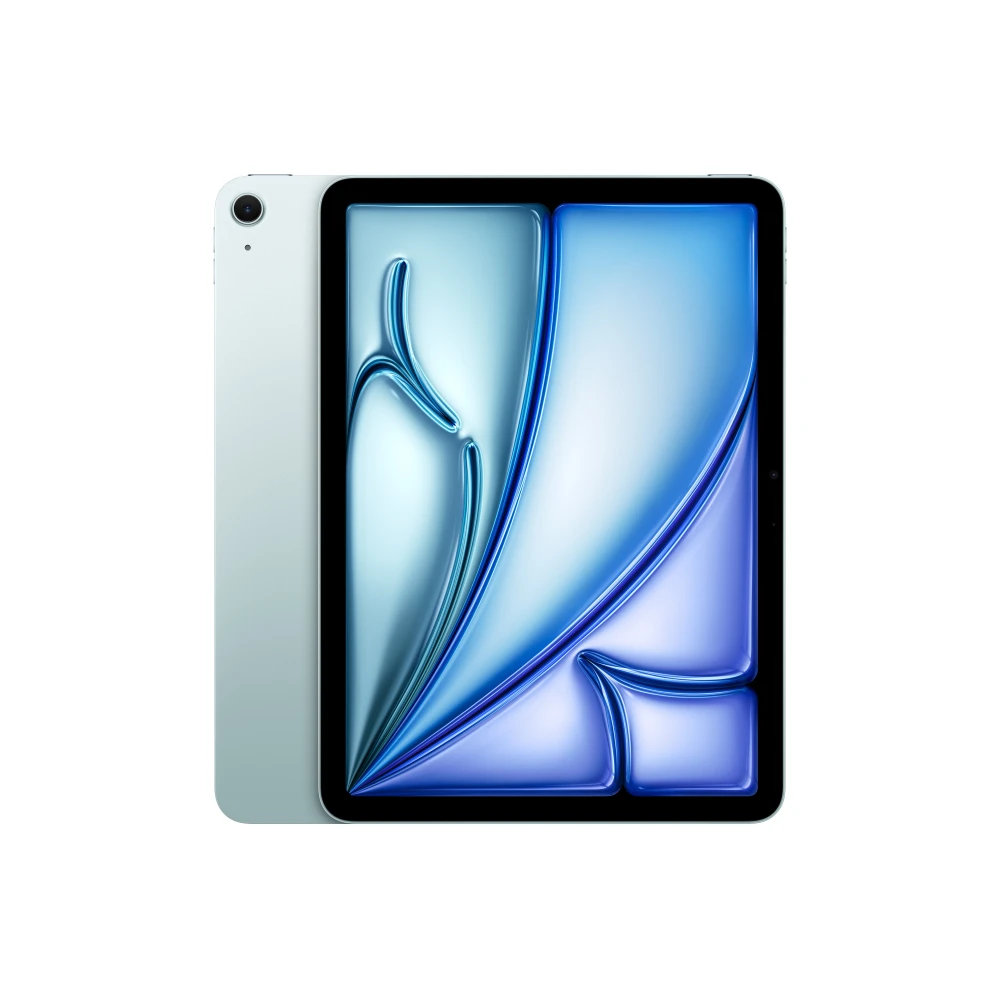

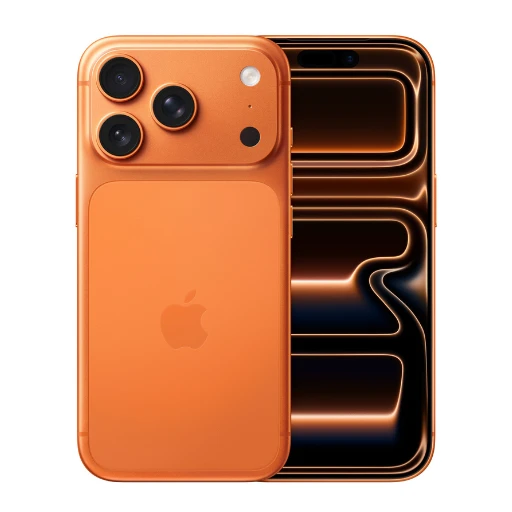
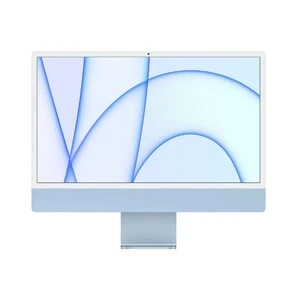
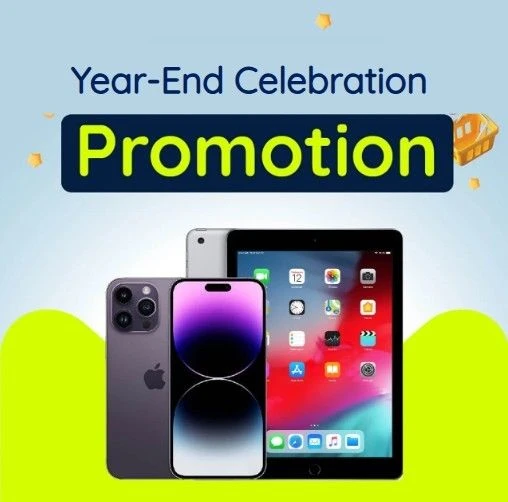

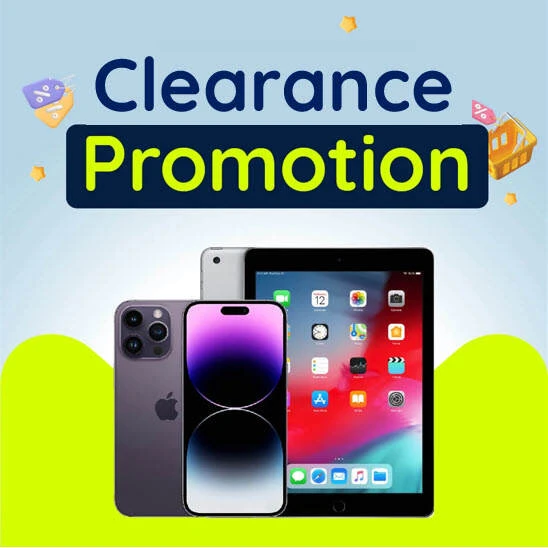
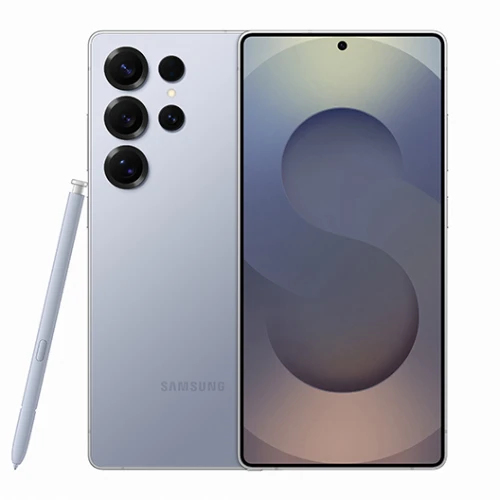
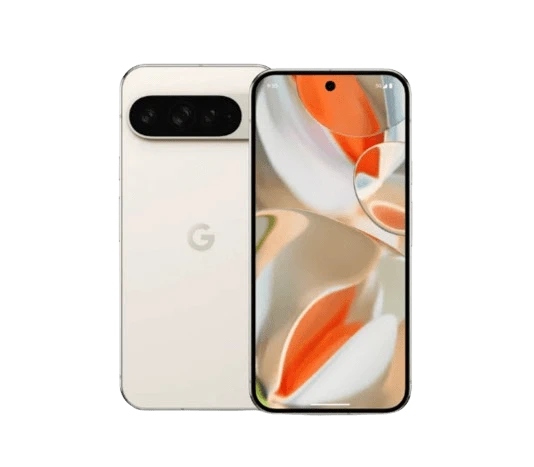

011-69533228
Lot UG-039, UG Floor, Plaza Low Yat, Bukit Bintang, KL
Since the release of the first-generation iPhone in 2007, the line had always set the standard in smartphones. But what makes the iPhone special compared to other brands? Why are used iPhones better? Let's dig deeper into how iPhones are different from Android and what makes it a standout choice for many.
What sets iPhones apart from other brands is iOS, Apple's proprietary operating system. Unlike Android's open-source nature, iOS is a closed-source system developed and controlled exclusively by Apple. This allows Apple to optimize their software with their exclusive Bionic Chipset. Even if you’re using a secondhand iPhone, iOS remains consistent across all iPhone models.
iOS is well-regarded regarded for its user-friendly interface and wide array of high-quality apps. iPhones generally have an advantage over Android due to Apple’s standardised hardware and software. iOS updates are typically available for most iPhone users to ensure compatibility and access to your favourite app’s latest features.
One of the notable advantages of iOS is its long-term and regular software updates. iPhone users receive at least 7 years of software patches, surpassing the 3-4 years typically offered by Android. This is why used iPhones are in-demand in many secondhand markets; even the old iPhone generations can still be updated to the latest version. New features, improvements, and performance optimisations are not exclusive to new models.
Furthermore, long-term iOS support enables used iPhones to retain their value better than Android devices. This means that if you decide to sell your used iPhone in the future, you may be able to get a higher resale price compared to an equivalent Android device.
The iPhone features its own proprietary SoC (System on a Chip) called the Apple Bionic. This in-house developed chipset serves as the central hardware, connecting all components like a computer motherboard. Unlike Android's reliance on OEMs like Qualcomm, Apple fabricates the A Bionic SoCs using advanced technology, resulting in smaller transistors and higher transistor density.
Used iPhones with Bionic chipsets such as the A12, A13, and A15, are known for their powerful performance. These chipsets have multiple high-performance cores and high-efficiency cores, allowing for smooth multitasking and faster processing of tasks. This means that even older iPhones with A Bionic chipset can handle demanding applications and provide a seamless user experience.
The Apple ecosystem offers several benefits for used iPhones, allowing them to seamlessly integrate into the Apple ecosystem and provide a similar experience to new iPhones. Used iPhones can still access and utilize all the services offered by the Apple ecosystem, such as iCloud, Apple Music, Apple Pay, and more. This means you can easily sync your data, access your files, and enjoy the same features and functionalities as new iPhones.
Secondhand iPhones can also seamlessly connect and interact with other Apple devices, including iPads, Mac computers, Apple Watches, and Apple TVs. This integration allows for a smooth and consistent user experience across all devices, making it easy to switch between devices and access your data from anywhere.
Used iPhones often surpass Android due to iOS's closed-source nature, guaranteeing optimized performance with proprietary hardware. iPhones offer seamless integration into the Apple ecosystem, ensuring long-term software support. With minimal bloatware and stringent privacy measures, used iPhones provide a reliable and secure experience.